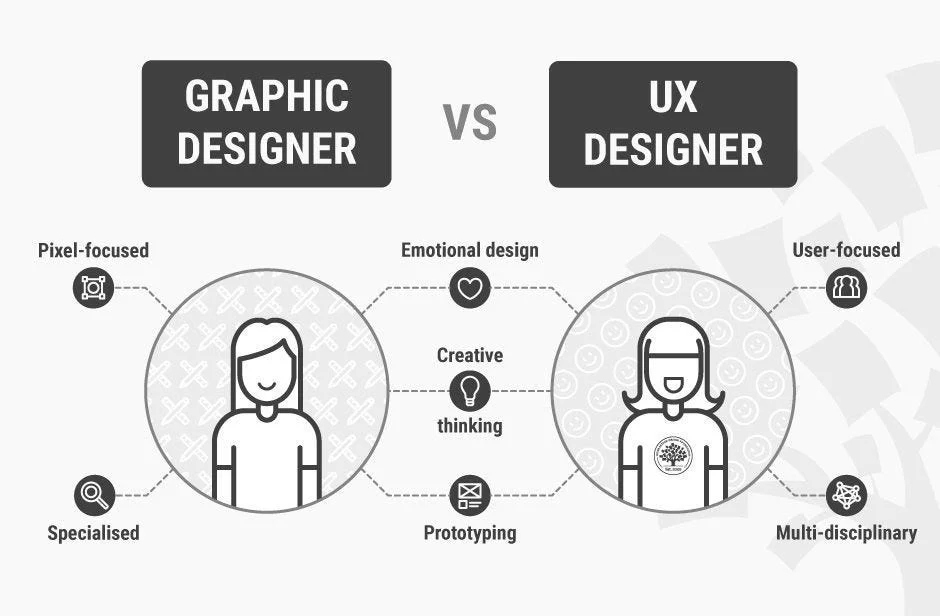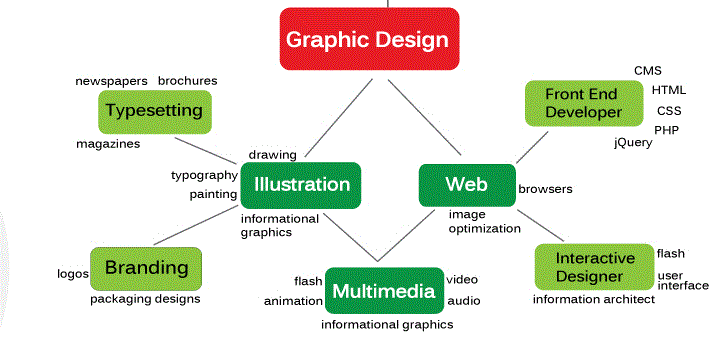Graphic designing, at its core, is the art of communicating messages through visuals. In today’s digital age, where attention spans are fleeting and competition for engagement is fierce, the role of graphic design has never been more crucial. It goes beyond mere aesthetics; it’s about capturing attention, conveying information, and creating memorable experiences.
This article delves into the profound significance of graphic designing,how Design Evolved, and why Graphic Designing Matters, exploring its historical evolution, impact on branding and marketing, role in web design and social media, and professional applications.
Table of contents
The Impact on Branding
Visual identity is a cornerstone of successful branding. Logos, color schemes, and design elements contribute to brand recognition, creating a lasting impression in the minds of consumers. Graphic design plays a key role in marketing strategies. From creating engaging content to designing captivating advertisements, it is instrumental in conveying the essence of a brand and influencing consumer behavior.

Role in Web Design
In the virtual realm, the aesthetics and functionality of a website are critical. Graphic design enhances user experience, making websites not just informative but visually appealing.
The rise of social media has amplified the importance of graphic design. Visual storytelling and a strong social media presence are now integral to effective communication and audience engagement.

Aesthetics and Functionality:
- Graphic design plays a crucial role in enhancing the overall aesthetics and functionality of a website.
- It involves creating visually appealing elements that contribute to a positive user experience.
User Experience (UX):
- Graphic design elements, such as intuitive navigation buttons and visually pleasing layouts, contribute to a seamless and enjoyable user experience.
- Attention to detail in design can enhance the usability of the website.

Information Presentation:
- Graphic design helps in presenting information in a clear and organized manner.
- The use of infographics, icons, and other visual elements can make complex information more digestible for users.
Social Media Integration:
- With the rise of social media, graphic design has become integral to creating engaging and shareable content.
- Visual storytelling through graphics and images is essential for effective communication on social media platforms.
The Role of Graphic Designers
Graphic designers are not just creators; they are innovators. Collaboration in the design process, coupled with a blend of creativity and technical skills, defines their role in shaping visual communication. As technology continues to evolve, so does graphic design and question how Graphic Designing matters. Anticipating trends and innovations is crucial, and this section explores what the future might hold for this dynamic field.

Challenges in Graphic Design
Balancing creativity with functionality and addressing evolving consumer tastes pose ongoing challenges for graphic designers.
| Challenges | Description |
| 1. Balancing Creativity and Brand Consistency | Striking a balance between pushing creative boundaries and maintaining a consistent brand image is challenging. Graphic designers must innovate while adhering to brand guidelines. |
| 2. Adapting to Evolving Design Trends | Staying current with design trends is crucial, but it’s challenging as trends change rapidly. Designers must continuously update their skills to meet the expectations of a dynamic audience. |
| 3. Meeting User Experience (UX) Expectations | Functionality is paramount in graphic design, especially in digital media. Designers face the challenge of creating visually appealing designs that also offer a seamless and intuitive user experience. |
| 4. Incorporating Accessibility in Design | Designers need to consider accessibility for diverse audiences, including those with disabilities. Ensuring that designs are inclusive and meet accessibility standards adds an additional layer of complexity. |
| 5. Managing Cross-Platform Consistency | With designs being used across various platforms (web, mobile, print), maintaining consistency in visuals and functionality poses a challenge. Each platform has unique requirements that designers must accommodate. |
| 6. Handling Client Feedback and Expectations | Understanding and meeting client expectations is an ongoing challenge. Designers need to effectively communicate their creative choices, manage feedback constructively, and ensure the final product aligns with client goals. |
Conclusion
The impact of graphic designing is undeniable. It is an ever-evolving force that shapes our visual world, and its significance will only continue to grow. As we move forward, embracing new trends and technologies, the essence of graphic design remains rooted in its ability to communicate, captivate, and inspire.
Readmore : What is the Amazon Affiliate Program
FAQs
Graphic design is crucial as it visually communicates messages in a way that captures attention and creates memorable experiences, essential in a world driven by digital content.
Technological advancements have revolutionized graphic design, providing designers with powerful tools to push creative boundaries and bring innovative visions to life.
Graphic designers often grapple with finding the right balance between creative expression and ensuring that designs are functional and serve their intended purpose.
Visual storytelling is engaging and memorable, making it a powerful tool on social media. Graphic design plays a crucial role in creating visually compelling narratives.




